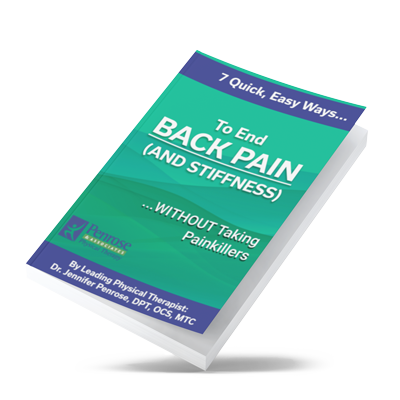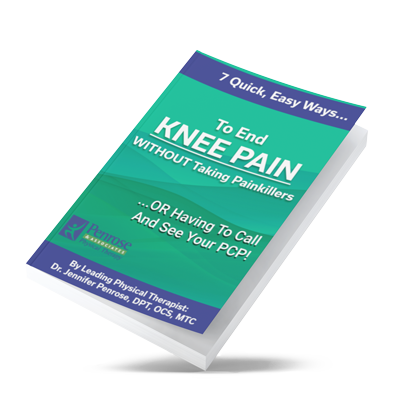Since we have been talking about balance and falls, we need to talk about what can often lead to falls: vertigo. Let’s start with the basics about vertigo. True vertigo is the sensation of spinning or movement such as the sensation of swaying. If you’ve ever been sea sick, this is a bit like the swaying sensation. If you ever got “the spins” in your younger years after too much fun with alcohol, that is similar to the sensation of spinning that some people experience.
There are 2 types of vertigo: Inner ear vertigo is the most common type that we help people deal with in the clinic. I’ll discuss it more below. Central vertigo is related to damage to the balance centers of the brain. This includes things like strokes, MS and Parkinson’s. People with central vertigo tend to feel more unbalances or unsteadiness in general versus having sudden attacks of spinning. Today I want to focus on inner ear vertigo. People with inner ear vertigo have very specific symptoms. Typically, they have a hard time turning their heads rapidly and walking in busy environments like the mall. Certain positions can cause a sudden sensation of spinning, which can be pretty scary at times. These positions include tipping the head back, bending forward, lying down in bed, or rolling over in bed.
So what’s going on with these people? Do you remember when you were a kid and you would spin around on the grass until you got really dizzy and fell over? The reason you felt dizzy after spinning is that you were moving the fluid around in your inner ear canals. You have a set of 3 canals on each side. Normally, when your head moves, the fluid in the canals also moves, and when you stop moving your head, the fluid stops. This gives your brain information about the position of your head in relation to gravity. When the fluid flow is interrupted, it confuses your brain resulting in the spinning sensation and the general feeling of being off-balance.
The most common type of inner ear dysfunction that will cause this spinning sensation is called “BPPV.” This stands for Benign Paroxysmal Positional Vertigo. Focus on those last 2 words: positional vertigo. As I mentioned, certain positions or head movements will result in vertigo. When the fluid moving through your inner ear canals is obstructed on one side, the information to your brain gets mixed up, and your brain gets confused. Have you ever had a friend tell you they had “rocks loose in their ears”? This is the simple way to look at BPPV. Basically, small rocks or crystals from adjacent ear organs get dislodged. When they float over into the canals on one side, they can slow down or block the fluid movement on that side. And when the 2 sides start sending conflicting information to your brain, this results in confusion and the sensation of spinning.
While the spinning sensation is usually short in duration (lasting around 20-45 seconds), it can be very intense and is quite unpleasant. Luckily, this type of vertigo is extremely easy to fix in the clinic with some specific “repositioning” maneuvers. We test for BPPV by having you lie down quickly on one side with your head turned a specific direction; we watch your eyes and ask you to tell us if you are dizzy and when it passes. Then we wait for 30 seconds before we have you turn again. Essentially, the different head and body positions we place you in will move those “rocks” or “crystals” in the ear canals which can be confirmed by your eye movement and by which side you feel symptoms/dizziness on. Then based on that information we can give you specific “repositioning” exercises to do to get those “rocks and crystals” into the correct position. When that happens for good, you no longer get the wrong message to your brain, and the dizziness is over. Usually this only takes a few sessions.
That’s it from me this week, I’ll be back next week to talk more about balance, falls and osteoporosis. Until then, have a great week!
The author, Jennifer Penrose, is a Physical Therapist and owner of Penrose Physical Therapy. If you have any questions about balance, falls or osteoporosis, you can call (360) 456-1444 or email jennifer@penrosept.com






